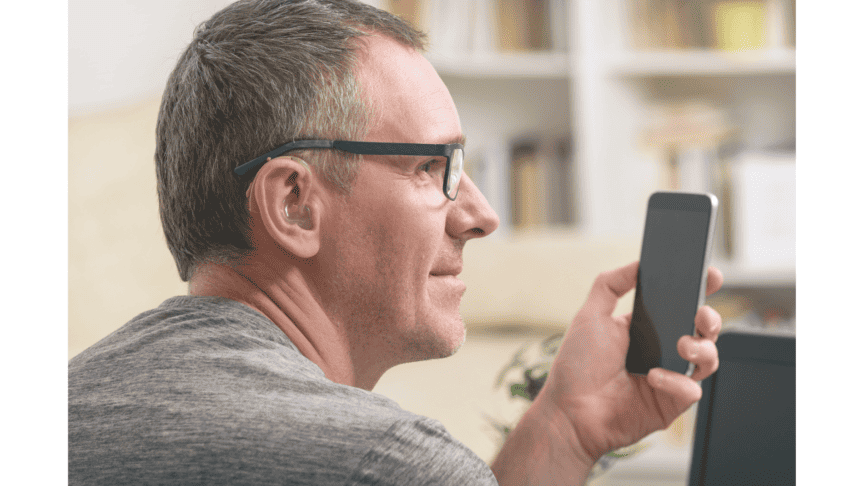For individuals with hearing loss, connecting with the world can sometimes be challenging. Assistive listening devices (ALDs) offer a remarkable array of technologies designed to enhance and amplify sound. These devices can help you actively participate in conversations, enjoy entertainment, and engage with the world around you.
Understanding Assistive Listening Devices
Assistive listening devices are technologically advanced tools designed to improve the clarity of sounds for individuals with varying degrees of hearing loss. These devices aim to overcome the obstacles presented by background noise, distance, and other environmental factors that can make hearing challenging.
Types of Assistive Listening Devices
Some of the most common ALDs include:
- Hearing Aids: Among the most common and widely used assistive listening devices, hearing aids come in various styles and sizes. They are designed to amplify sounds and can be customized to meet individual hearing needs. Modern hearing aids often include advanced features such as noise reduction and Bluetooth connectivity for seamless integration with other devices.
- Personal Amplifiers: These compact devices are perfect for one-on-one conversations or small group settings. Personal amplifiers use a microphone to capture and enhance sounds, delivering a clearer signal directly to the user’s ears. They are portable, user-friendly, and ideal for situations where traditional hearing aids may be unnecessary.
- FM Systems: Utilizing radio frequencies, FM systems consist of a transmitter and receiver. The speaker wears a microphone connected to the transmitter, and the listener uses a receiver with headphones or a neck loop. This system is particularly effective in environments with background noise, like classrooms or lecture halls.
- Infrared Systems: Infrared assistive listening systems transmit audio signals via infrared light, making them secure and interference-free. These systems are commonly used in theaters, conference centers, and other large venues. Users wear receivers equipped with infrared sensors to pick up the transmitted signals.
- TV Streamers: TV streamers can connect your TV directly to your hearing aids. You’ll hear the audio right in your ears, and you can have full control over the settings and volume. This allows you to watch TV with others without disagreeing about the volume.
Benefits of Assistive Listening Devices
If you’re ready to try an ALD, here are just some of the benefits:
- Enhanced Communication in Social Settings: ALDs play a crucial role in facilitating communication in social gatherings, where background noise and distance can be significant barriers. Whether at family gatherings, restaurants, or parties, these devices enable individuals with hearing impairments to actively participate in conversations.
- Improved Educational Experiences: In educational settings, assistive listening devices contribute to a more inclusive learning environment. Students with hearing loss can use personal amplifiers, FM systems, or loop systems to enhance their comprehension during lectures, discussions, and other academic activities.
- Accessible Entertainment: Enjoying movies, concerts, and performances is easier with assistive listening devices. The integration of these technologies in theaters and entertainment venues ensures that everyone can experience the joy of live performances.
- Efficient Workplace Communication: ALDs foster inclusivity in professional settings by addressing communication challenges in the workplace. From board meetings to everyday office interactions, assistive listening devices promote effective communication, ensuring that employees with hearing impairments can fully engage in their work environment.
- Independence in Daily Activities: ALDs can foster independence. From watching television to connecting your devices to the telephone, these devices empower users to navigate daily activities with confidence.
Learn More About ALDs
The impact of assistive listening devices extends far beyond improved hearing. These technologies play a pivotal role in breaking down barriers, fostering inclusivity, and enhancing overall quality of life for individuals with hearing loss. You’ll benefit from increased social engagement, improved mental health, and even enhanced career and educational opportunities.
Assistive listening devices serve as invaluable tools that can help you in many areas of your life. From the classroom to the workplace, family gatherings to entertainment venues, these devices open doors to a world of sound.
If you’re ready to explore your hearing aid options or find out more about other assistive listening devices, visit us today. As your local hearing health specialist, we have a range of devices to match your hearing needs and lifestyle, so visit us for ongoing support and guidance.

